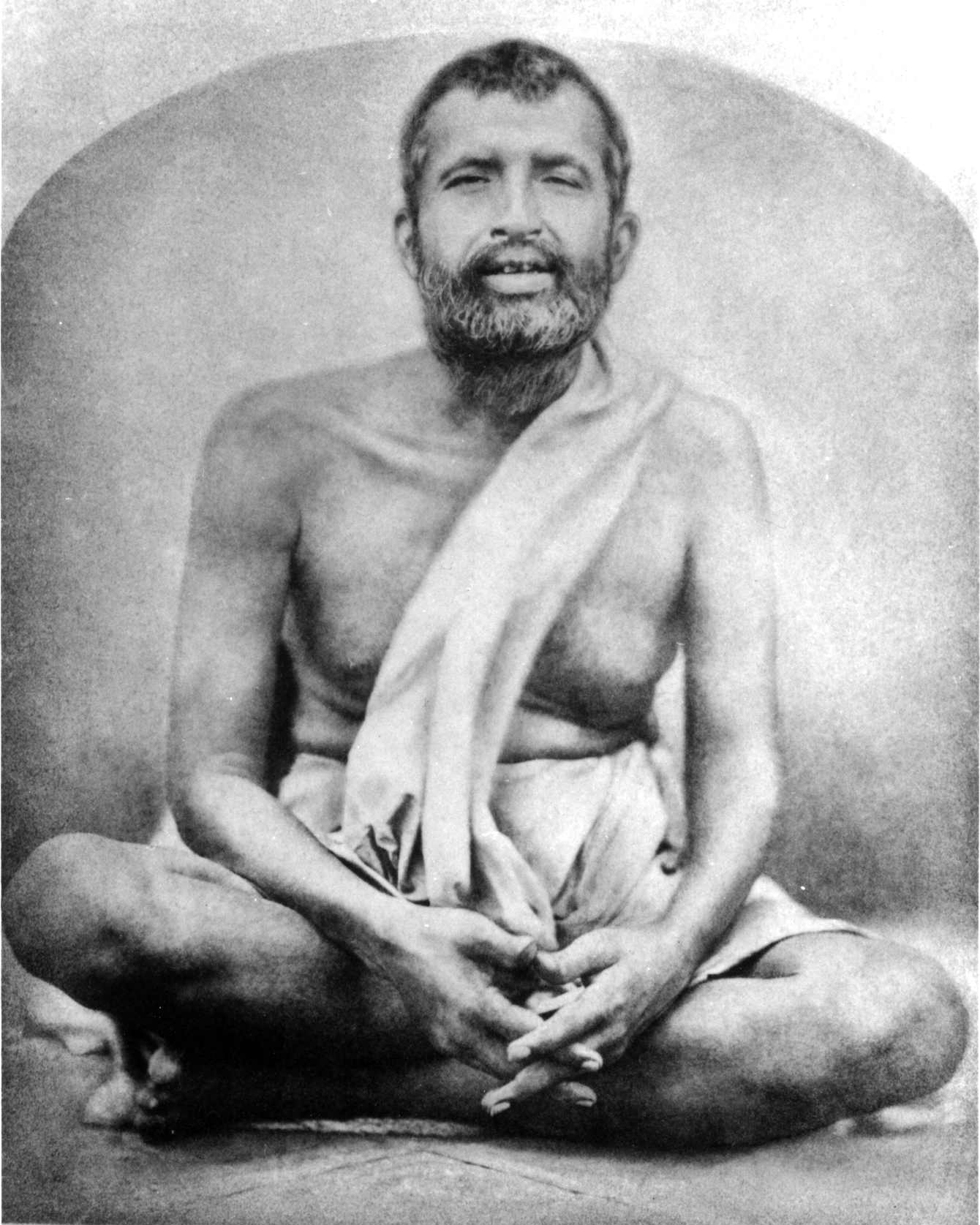Źródło: The Gospel of Sri Ramakrishna (1942), p. 132
Kontekst: He who is called Brahman by the jnanis is known as Atman by the yogis and as Bhagavan by the bhaktas. The same brahmin is called priest, when worshipping in the temple, and cook, when preparing a meal in the kitchen. The jnani, following the path of knowledge, always reason about the Reality saying, "not this, not this." Brahman is neither "this" nor "that"; It is neither the universe nor its living beings. Reasoning in this way, the mind becomes steady. Finally it disappears and the aspirant goes into samadhi. This is the Knowledge of Brahman. It is the unwavering conviction of the jnani that Brahman alone is real and the world is illusory. All these names and forms are illusory, like a dream. What Brahman is cannot be described. One cannot even say that Brahman is a Person. This is the opinion of the jnanis, the followers of Vedanta. But the bhaktas accept all the states of consciousness. They take the waking state to be real also. They don't think the world to be illusory, like a dream. They say that the universe is a manifestation of the God's power and glory. God has created all these — sky, stars, moon, sun, mountains, ocean, men, animals. They constitute His glory. He is within us, in our hearts. Again, He is outside. The most advanced devotees say that He Himself has become all this — the 24 cosmic principles, the universe, and all living beings. The devotee of God wants to eat sugar, and not become sugar. (All laugh.) Do you know how a lover of God feels? His attitude is: "O God, Thou art the Master, and I am Thy servant. Thou art the Mother, and I Thy child." Or again: "Thou art my Father and Mother. Thou art the Whole, and I am a part." He does not like to say, "I am Brahman." They yogi seeks to realize the Paramatman, the Supreme Soul. His ideal is the union of the embodied soul and the Supreme Soul. He withdraws his mind from sense objects and tries to concentrate on the Paramatman. Therefore, during the first stage of his spiritual discipline, he retires into solitude and with undivided attention practices meditation in a fixed posture.
But the reality is one and the same; the difference is only in name. He who is Brahman is verily Atman, and again, He is the Bhagavan. He is Brahman to the followers of the path of knowledge, Paramatman to the yogis, and Bhagavan to the lovers of God.
